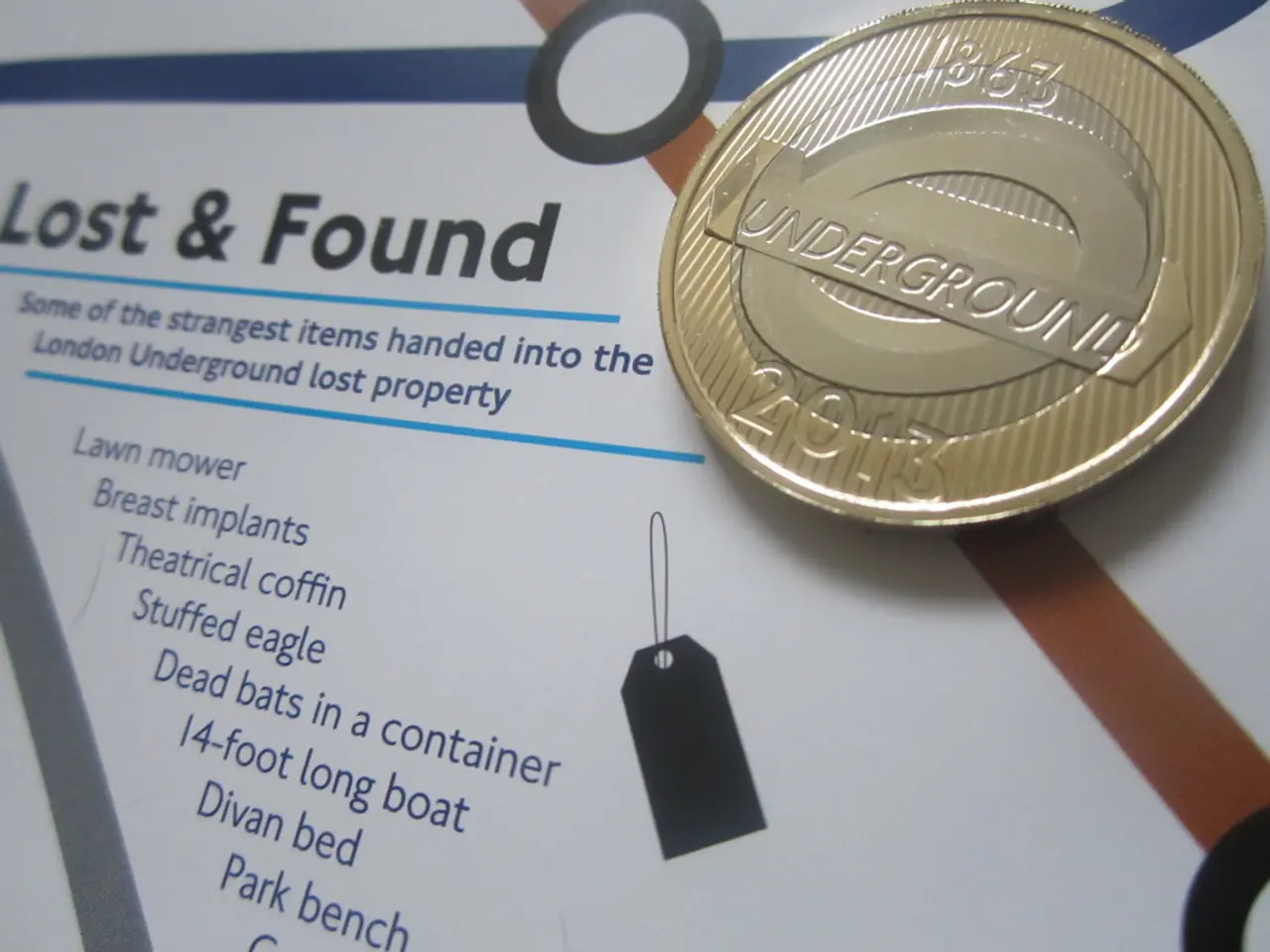IFRS Releases Guidance for Exposing Climate Change Transition Strategies
In a significant move towards promoting sustainability and transparency, the IFRS Foundation released a new guidance document titled "Disclosing information about an entity’s climate-related transition, including information about transition plans, in accordance with IFRS S2." This comprehensive guide was published on June 23, 2025.
The guidance, which builds on materials developed by the Transition Plan Taskforce (TPT) framework, aims to harmonize sustainability reporting globally and address fragmentation in transition plan disclosures. The IFRS Foundation assumed responsibility for the TPT last year.
The new guidance clarifies what a climate-related transition entails and the steps within an entity’s overall strategy and targets. It provides detailed explanations on disclosures needed when an entity has a transition plan towards a lower-carbon and/or climate-resilient economy. The guidance supports compatibility with the ISSB global baseline disclosures about climate-related risks and opportunities affecting an entity’s prospects.
Sue Lloyd, the ISSB Vice-Chair, stated that the guidance aims to address the fragmentation of disclosures about transition plans and inspire entities applying IFRS S2. The guidance emphasizes the necessity of disclosing if an entity has a strategy for its transition to a lower-carbon or climate-resilient economy.
The IFRS Foundation's new guidance is intended to be used by jurisdictions adopting or otherwise using the International Sustainability Standards Board's (ISSB) climate-related standard (IFRS S2). To date, 36 jurisdictions have moved to adopt or otherwise use the new ISSB standards, including 17 that have already finalized their approach to using the standards.
Notably, the IFRS S2 climate standard does not require companies to have transition plans, but it does require reporting on material information about sustainability-related risks and opportunities. However, the new guidance provides valuable support for companies that do have transition plans and want to disclose this information effectively.
The guidance document is available for access and is expected to facilitate consistent and comparable disclosures of climate transition plans worldwide, contributing significantly to the global effort to combat climate change.
[1] IFRS Foundation Press Release, June 23, 2025. [2] IFRS Foundation, Disclosing information about an entity’s climate-related transition, including information about transition plans, in accordance with IFRS S2. [3] IFRS Foundation, Transition Plan Taskforce.
- The IFRS Foundation's new guidance, titled "Disclosing information about an entity’s climate-related transition," aims to harmonize sustainability reporting globally and addresses fragmentation in transition plan disclosures, following the Transition Plan Taskforce framework and the IFRS S2 standard.
- By providing detailed explanations on the disclosures needed when an entity has a transition plan towards a lower-carbon and/or climate-resilient economy, the guidance supports compatibility with the ISSB global baseline disclosures about climate-related risks and opportunities.
- The guidance, which supports jurisdictions adopting or using the ISSB's climate-related standard (IFRS S2), emphasizes the necessity of disclosing if an entity has a strategy for its transition to a lower-carbon or climate-resilient economy, contributing significantly to the global effort to combat climate change.




